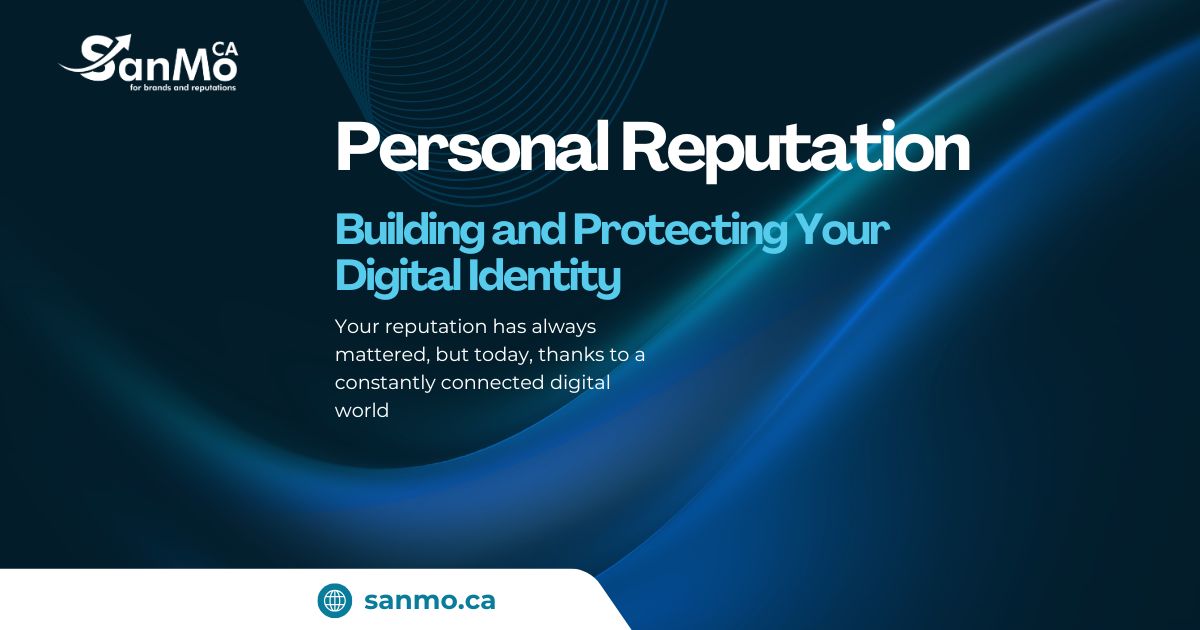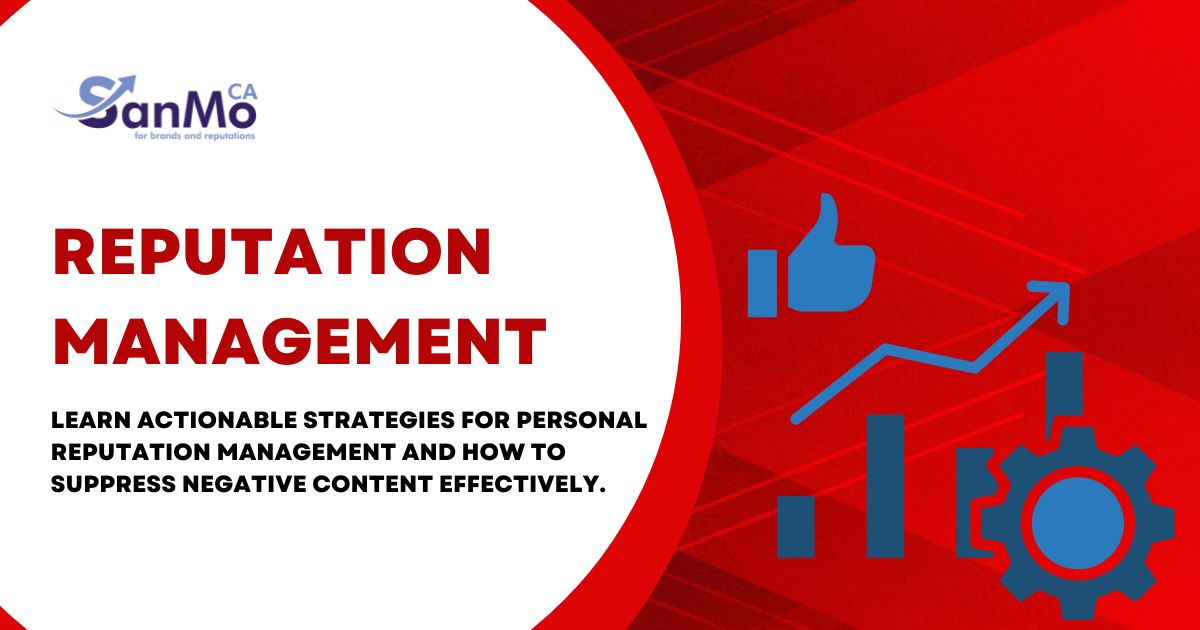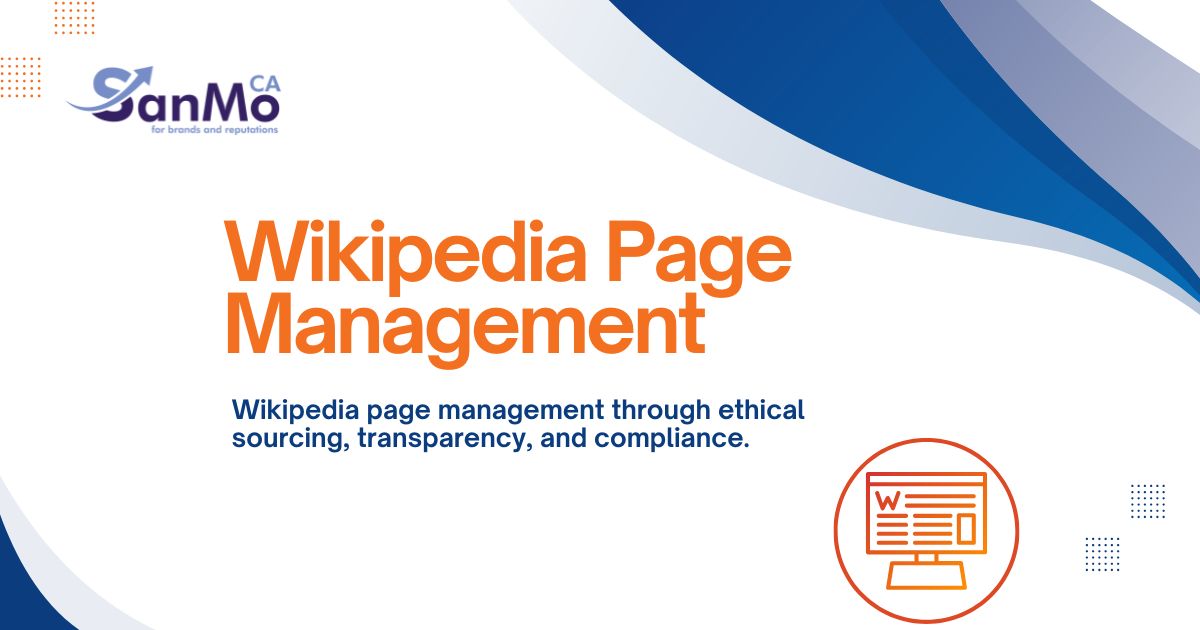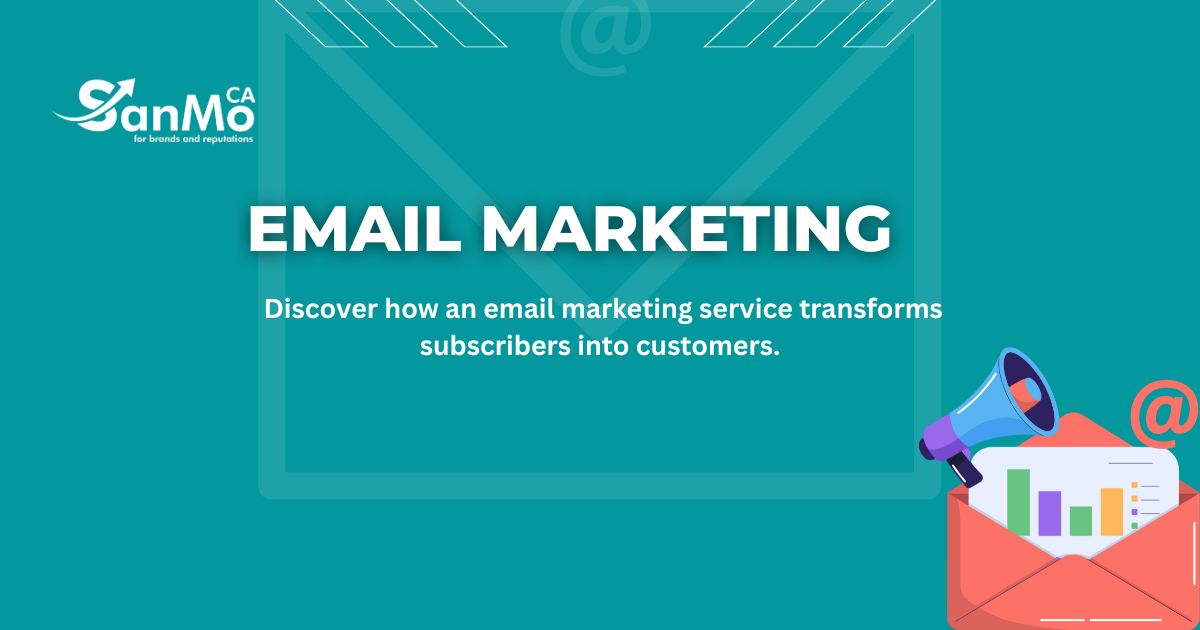Your reputation has always mattered, but today, thanks to a constantly connected digital world, it’s easier than ever for your personal brand to be scrutinized, celebrated, or questioned by others in an instant. Whether you’re a professional looking to grow opportunities, a freelancer securing clients, or simply an individual navigating social media, managing your personal reputation is crucial.
In this post, we’ll explore why personal reputation management matters, highlight strategies to protect your image, and detail steps to enhance it so you can stand out both online and offline.
Why Personal Reputation Management Matters
Your personal reputation holds weight in how others perceive you—including potential employers, collaborators, and even your social circle. Here’s why it’s critical to keep a watchful eye on it:
1. People Google You—A Lot
According to a recent survey, more than 90% of employers look up candidates online before making hiring decisions. Beyond the job market, potential clients, influencers, and collaborators are likely to search your name before associating with you. A spotless reputation (or lack thereof) can heavily sway their opinions.
2. First Impressions Now Happen Online
The first impression often isn’t made in person anymore. Instead, a LinkedIn profile, an Instagram bio, or a tweet becomes your introduction. Imagine an individual researching your name only to stumble upon outdated posts, unflattering search results, or missing profiles altogether. Managing your personal digital footprint ensures that what people find aligns with the version of yourself that you want to project.
3. Self-Branding Builds Opportunities
For entrepreneurs, freelancers, and consultants, your “personal brand” is directly tied to earning potential and credibility. Those with well-curated reputations thrive because they are perceived as trustworthy voices in their industries. Poor management, on the other hand, leads to mistrust and lost opportunities.
Protecting Your Reputation
Before building your reputation to stand out, protecting what you already have is critical. Here are actionable steps to safeguard your digital presence and defend against potential mishaps.
1. Audit Your Digital Presence
Search for your name on major search engines like Google and Bing. What shows up on the first page? Are there old posts, questionable content, or simply not enough relevant information?
- Clean up old, embarrassing, or irrelevant social media posts.
- Check privacy settings across platforms (Facebook, Instagram, LinkedIn).
- Remove any unnecessary tags or inappropriate photos where you’ve been tagged.
2. Monitor for Negative Mentions
Bad publicity isn’t just limited to celebrities. Misunderstandings, negative reviews, or even harmless jokes can escalate online. Set up alerts (like Google Alerts) for your name to be notified about any new mentions.
3. Separate Professional from Personal Content
Blend the personal and professional carefully. If your Twitter account is casual and full of jokes, consider creating one for work-related content. Similarly, if Instagram is where you connect with friends, keep it private while creating a public profile for your projects or services.
4. Be Selective About Your Connections
Who you associate with online can reflect on you. Connection requests from strangers or engagement with controversial accounts could inadvertently damage your professional image. Choose wisely.
How to Elevate Your Personal Reputation
Now that your bases are protected, it’s time to turn your name into a recognizable, trusted brand. Start implementing these practical strategies to grow your reputation positively and authentically.
1. Craft and Own Your “Personal Brand”
Your personal brand is more than just how you communicate online—it’s the sum of your skills, experiences, and passions shared in a digestible format. Here’s how to define and share it effectively:
- Define What You Stand For: What are your key strengths, passions, or skills? Decide on the message you want to consistently deliver, whether it’s expertise in digital marketing, creativity in design, or problem-solving in customer relations.
- Keep Messaging Consistent: Across platforms like LinkedIn, your personal website, and Instagram, make sure bios and descriptions carry the same tone, keywords, and goals.
- Create a Content Strategy: If you want to position yourself as an industry expert, post original content or share curated articles related to your field. Write thoughtful LinkedIn posts, contribute blog posts for related sites, or start a thread offering unique insights into your profession.
2. Grow and Nurture Your Online Presence
A robust online presence doesn’t just safeguard your image but positions you as an authority. Here are must-dos for an active, impressive online reputation:
- Optimize LinkedIn—Update your profile, display achievements, and list specific skills. This is often the top search result for professionals.
- Start a Personal Website—Having yourname.com improves credibility. Use this website to showcase a portfolio, feature testimonials, and establish authority in your industry.
- Engage on Social Media—Whether it’s Twitter threads about trends in your niche or informative Instagram posts, make sure you’re participating in digital spaces your audience frequents.
3. Gather and Showcase Positive Reviews
Happy clients, employers, and collaborators should be encouraged to leave public reviews or endorsements for you. Testimonials add trust and credibility in a way that self-promotion cannot.
- Ask for LinkedIn recommendations from trusted colleagues.
- Display glowing testimonials on your website.
- Screenshot positive Instagram messages, comments, or tweets and feature them as “social proof” of your work or service.
4. Leverage Networking Opportunities
Your reputation grows when you actively connect beyond your current circle. Attend networking events, contribute to discussions at industry panels, or join professional forums. Offer value—advice, resources, or answers to community questions—and people will take notice.
5. Handle Criticism with Grace
No reputation is completely free from criticism. How you react to negative feedback matters.
- Stay calm and professional; never engage in public arguments.
- If the criticism is valid, take responsibility and address the issue transparently.
- For unfounded complaints or defamatory remarks, seek legal guidance if necessary.
Maintaining Your Reputation
Building your reputation is a major accomplishment, but it requires regular maintenance. Think of it like tending a garden—you plant the seeds of your reputation through hard work, but it requires continuous care and attention to thrive.
- Regularly update your profiles and portfolios with your latest achievements.
- Keep learning—take courses, earn certifications, and share accomplishments in your field.
- Monitor any new mentions of your name and act swiftly to minimize damage if needed.
Take Control of Your Digital Presence Today
Your personal reputation defines how the world perceives you, and managing it well can open doors to countless opportunities. By starting small—Googling your name, auditing your accounts, and sharing engaging content—you can grow a brand that stands the test of time.
Looking for more ways to build a winning reputation? Subscribe to our newsletter for industry insights and tools to build your personal brand with confidence.








